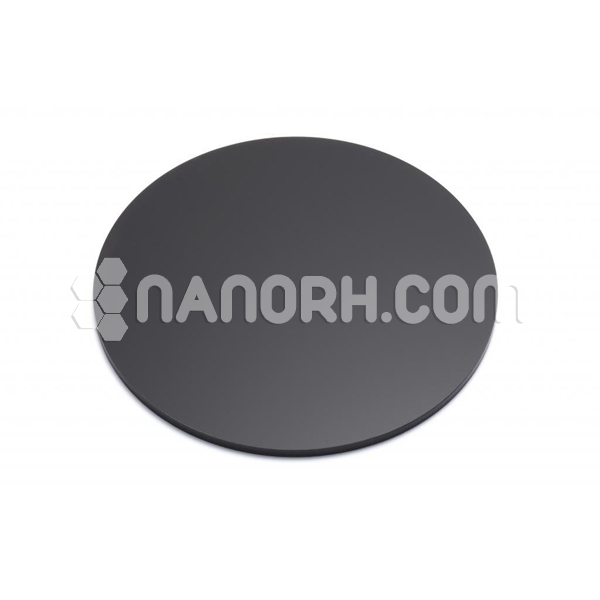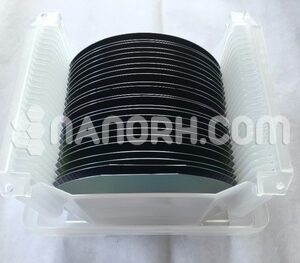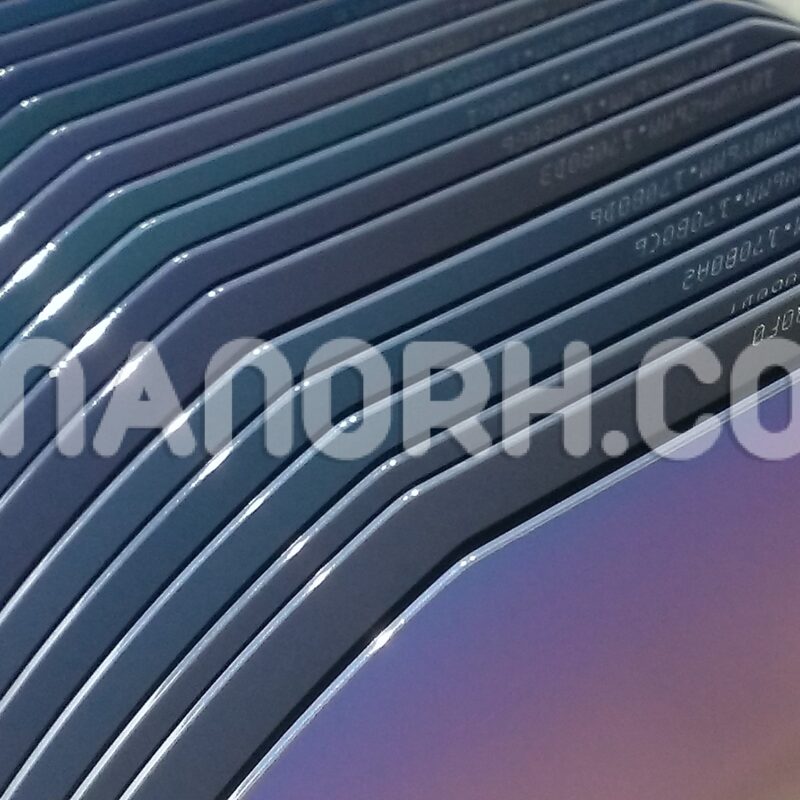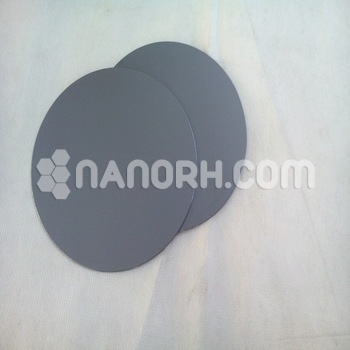| Lanthanum Titanate Sputtering Targets | |
| Product No | NRE-43240 |
| CAS No. | 12201-04-6 |
| Formula | LaTiO3 |
| Molecular Weight | 234.77 |
| Purity | >99.9% |
| Density | NA |
| Thickness | 3 mm ± 0.5mm (can be customized) |
| Diameter | 50 mm ± 1mm (can be customized) |
| Shape | Round |
| Resistivity | NA |
| Thermal Conductivity | NA |
Lanthanum Titanate Sputtering Targets
Introduction
Lanthanum titanate Sputtering targets is a perovskite oxide known for its excellent dielectric, piezoelectric, and ferroelectric properties. This compound is increasingly important in advanced electronic and optoelectronic applications due to its high thermal stability and electrical performance. Sputtering targets made from lanthanum titanate are used for the deposition of high-quality thin films, enabling the development of innovative technologies across various fields.
Applications
Dielectric Materials:
LaTiO3 is widely used as a high-k dielectric material in capacitors and transistors, significantly enhancing capacitance while reducing leakage current in semiconductor devices.
Ferroelectric Devices:
The ferroelectric properties of lanthanum titanate make it suitable for applications in memory devices and capacitors, which require materials that can retain polarization states.
Piezoelectric Sensors and Actuators:
Lanthanum titanate can be utilized in piezoelectric applications, where it converts mechanical energy into electrical energy and vice versa, making it ideal for sensors and actuators in various industries.
Thin Film Transistors (TFTs):
LTO is employed in the fabrication of TFTs for displays and electronic circuits, benefiting from its semiconducting properties to improve performance and reliability.
Optoelectronic Devices:
LaTiO3 is used in optoelectronics for its optical properties, enabling applications in devices like LEDs and photodetectors, particularly in the visible to near-infrared spectrum.
Solid Oxide Fuel Cells (SOFCs):
The material may also serve as an electrolyte or cathode material in SOFCs, contributing to efficient energy conversion and enhancing the performance of fuel cells.




